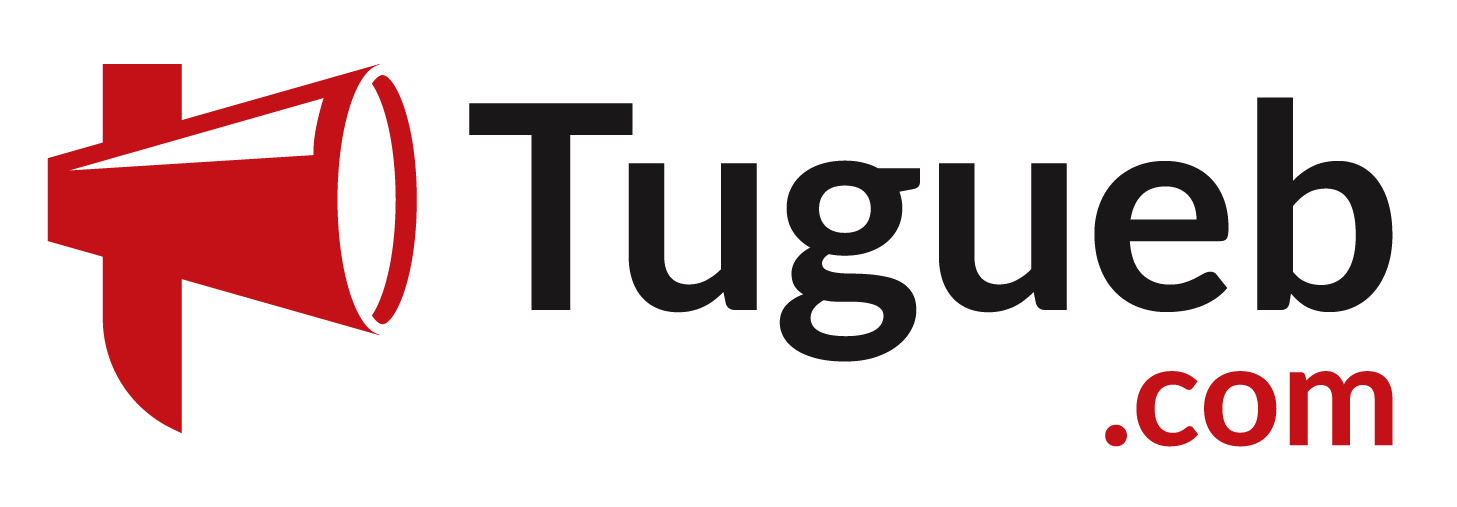For many of us, transitioning legally and ethically from one job to another can be considered something of an art. These days nearly everyone uses social media and own personal gadgets. Consequently, moving to a new employment can be trickier and we need to know how to untangle personal information from the old job. You may receive regular personal e-mail in your work account, or the other way around. If you always pound out project notes on your own laptop, are those concepts yours or the firm’s? Your previous employer may ask you to return the company-issued smartphone and you wonder whether you can keep the phone number, as it is the only way people, including family members reach you.
If you use social media regularly, things only become more complicated. If you could rack up 5000 Twitter followers after years of publishing company’s development on your personal account, can you keep them? You may have created a Facebook group for an ongoing project, which is proven to be instrumental in coordinating your fellow workers and if you decide to leave before the project is finished, what should you do? Unfortunately, business world still has a fuzzy policy on integrating personal social media account with professional matters In fact, in many companies, there is no policy at all. When facing such fuzziness, what an employee should do when he decides to depart? Often, the step you need to take is spread all over the map, it is quite unlikely to find a practical guideline that describe everything related to this issue. But at least, you should check the employee-manual carefully and talk with your boss and the IT department. If the stake is high, you may need to hire a lawyer, who understands on matters related to tech issues.
Many job changers are raising question on the extent of old-fashioned policy application to this new development. Contemporary policies state that everything that you create during the course of your employment is the company’s property, regardless of whether you do it at home on one weekend or at work. To achieve a graceful exit you need to know how to escape the highly wired style of work, a failure to do so, can mean that the job switching process will be marred by legal wrangling.
Experts advise that people who plan to switch job should leave everything behind, it means you need to remove clients and suppliers contacts from your devices and delete files related to your work. Those contacts are not yours if the company has invested many things into establishing the relationship, including assigning money and time to allow you work with those people. Ideally of course, companies should immediately set up a clear policy and workers should separate devices and accounts for personal and business uses right from the start, even if they don’t have the plan to switch the job anytime soon. Of course, departing employees need some space to wiggle and employers should meet that need. They may need to check company-issued laptop and smartphone for personal data, and conversely, the IT department also has the right to check personal devices for corporate data, especially classified ones.
A growing number of companies are taking measures to protect themselves from risks that arise from a departing employee. They begin to track employee activities and in some cases prevent them from forwarding, printing and copying information. Companies may also disable devices remotely, when the former employees fail to return them. They can remotely spike the smartphone by erasing all data and disabling it completely. Unfortunately, former employees may lose important personal files, emails and pictures. This may seem like a draconian policy, but if this step is already included in the legal contract, companies are allowed to immediately take such action, hours after the official termination. It is easy to see that the lines between professional and personal are blurred when we put gadgets into the equation.
A good way to prevent the problem is by coming out with reasonable and clear policies in advance. If both sides can’t find clear legal answers, they need to come up with reasonable solutions, because often communication is the biggest issue. In the future, there could be a growing number of lawsuits that involve Twitter, Facebook and other social networks.
Former employees also:
- Shouldn’t use Facebook or other social networks to offer former colleagues positions at their new job, this could get them in legal hot water if they have signed non-solicitation agreement previously.
- Shouldn’t continue to use blogs used for work-related matters.
- Shouldn’t post details of official termination, as it could violate exit agreements
- Should consult the employee manual about files that they can take, because in some cases, even removing personal family pictures from corporate devices can send up a red flag.
- Should be scrupulous about storing personal data on company-issued devices, they need to regularly delete personal files that somehow sneak into these machines.
























